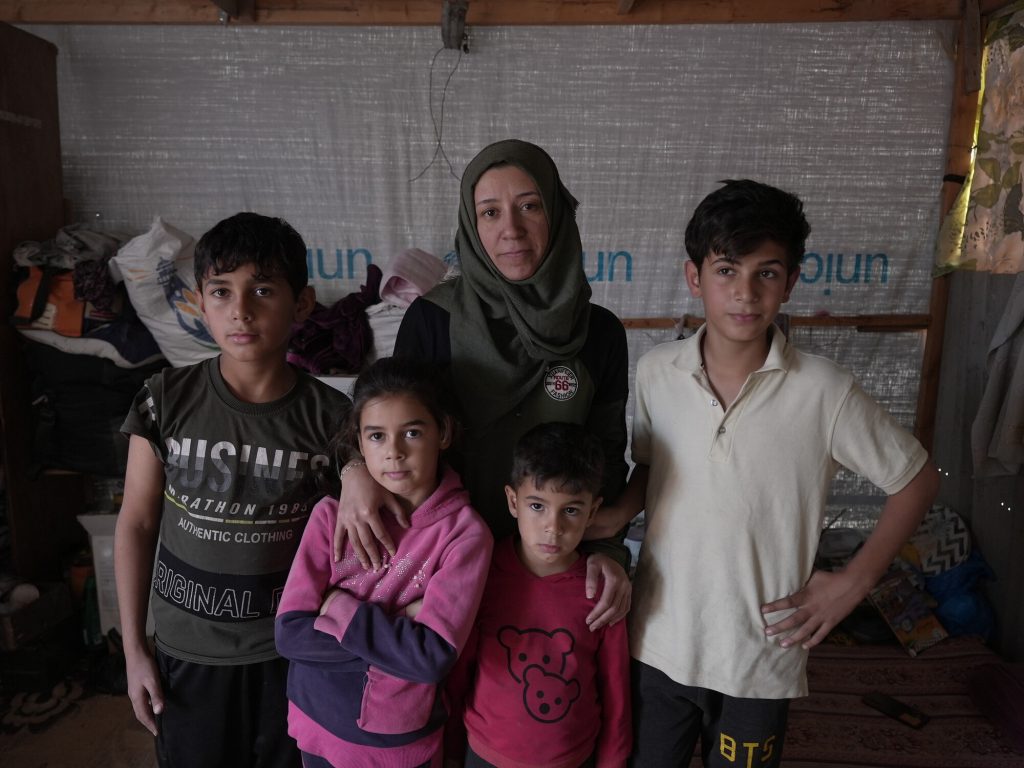From Silence to Strength: How Feminist Research Tackles Gender-Based Violence Through Art
What happens when feminist research intersects with art? Explore the journey of youth empowerment and social transformation in India.
Gender-based violence (GBV) and disparities in sexual and reproductive health and rights (SRHR) are still major obstacles to achieving progress and equality worldwide, particularly for young people. These barriers are a result of deeply ingrained social and cultural norms that allow and normalize violence against people due to their sexual orientation, gender identity, and expression.
However, leading-edge research conducted in India between 2019 and 2022 by Oxfam Canada, in partnership with McGill University, Oxfam India, and local organizations Astitwa Samajik Sansthan and the National Alliance of Women Odisha Chapter, reveals transformative solutions to tackle these challenges through feminist methodologies, with young people as key contributors to social and cultural progress.
The Research Initiative to Unravel Challenges and Intersections
India, home to 371 million young people aged 10 to 24, representing almost a third of the country's population, is a microcosm of the dynamics of these global obstacles. Prevalent patriarchal norms restrict the potential of this demographic, especially adolescent girls and young women, limiting their life choices and curbing their autonomy and access to essential services and rights.
To unravel these complexities, the research project, "Exploring the Transformative Power of Feminist Research to Address Knowledge Gaps in SRHR and GBV," implemented innovative feminist methodologies to engage young people as active participants and leaders in the research process. It sought to understand the intricate links between SRHR and GBV while empowering youth to challenge existing inequalities.
Feminist Research in Action
What's feminist research? It's an approach designed to challenge existing power dynamics and foster inclusive participation. Unlike traditional research, where power resides solely with the researcher, feminist research transfers power to participants and amplifies their voices.
In this case, it meant young people, especially adolescent girls and young women and those from marginalized groups from the Indian states of Odisha and Uttar Pradesh, became "co-research leads." They were allowed to shape the research process and outcomes by collaborating with partners and employing participatory visual methodologies (PVM) to express their lived realities creatively.
Take a guided tour of the immersive virtual exhibition, where you can hear more about the inspiration behind the photos and videos.
The Impact of Transformative Research
The findings are eye-opening. They highlight the impact of feminist research in reshaping local norms and behaviours towards GBV and SRHR.
At an individual level, the research raises awareness about agency and bodily autonomy, addressing taboo or controversial topics like romantic relationships, menstruation, access to contraceptives, infertility, sex education in schools, and consent — including within the marriage. Young people started conversations on these issues through community dialogues, film festivals, and art and photo exhibits, challenging harmful norms and behaviours.
The research also highlights the types of programming and approaches needed to promote a tangible transformation of harmful gender norms, attitudes, beliefs, and behaviours around SRHR and GBV.
Challenges and Adaptations
The research team remained committed to their work despite facing challenges, including the COVID-19 pandemic that led to changes and adaptations in collecting in-person data. Nonetheless, they found ingenious ways to continue collaborating with their co-research leads. The efforts culminated in a virtual exhibit featuring art created by young people sharing their realities and perspectives while advocating for gender equality.
Lessons Learned and Looking Ahead
This initiative makes it clear that centring the voices and experiences of young people, especially adolescent girls and young women, isn't only essential but imperative in driving meaningful change. By embracing feminist methodologies, we can dismantle existing power dynamics, foster inclusive participation, and pave the way for a more equitable and just world.
Let's take inspiration from this research and work towards promoting the rights of all individuals regardless of their sexual orientation, gender identity, and expression. Together, we can build a world where gender-based violence is eradicated, sexual health and reproductive rights are upheld, and young people are empowered to thrive and shape their destinies. The journey toward equality may be long, but with feminist research as our guiding light, we're one step closer to realizing a future that's equal.
Rotbah Nitia is the manager of the Program Impact unit at Oxfam Canada's International Programs Department.
Elena Sosa Lerín, knowledge translation and communications officer, edited this piece.
The Context of this Research Initiative
"Exploring the Transformative Power of Feminist Research to Address Knowledge Gaps in SRHR and GBV" aligns with two of the Canadian government's action areas from its Feminist International Assistance Policy (FIAP). The first one, Gender Equality and the Empowerment of Women and Girls, focuses on preventing sexual and gender-based violence. The second one, Human Dignity, emphasizes advancing sexual and reproductive health and rights for women and girls. The study also aligns with three Sustainable Development Goals (SDGs): Gender Equality (Goal 5), Good Health and Well-being (Goal 3), and Reduced Inequalities (Goal 10).
This initiative was a 'research and learning lab' housed in Oxfam Canada's Creating Spaces, a five-year project based in India and five other countries focused on shifting the harmful social and cultural norms perpetuating GBV. It was funded by Global Affairs Canada and Oxfam Canada.

